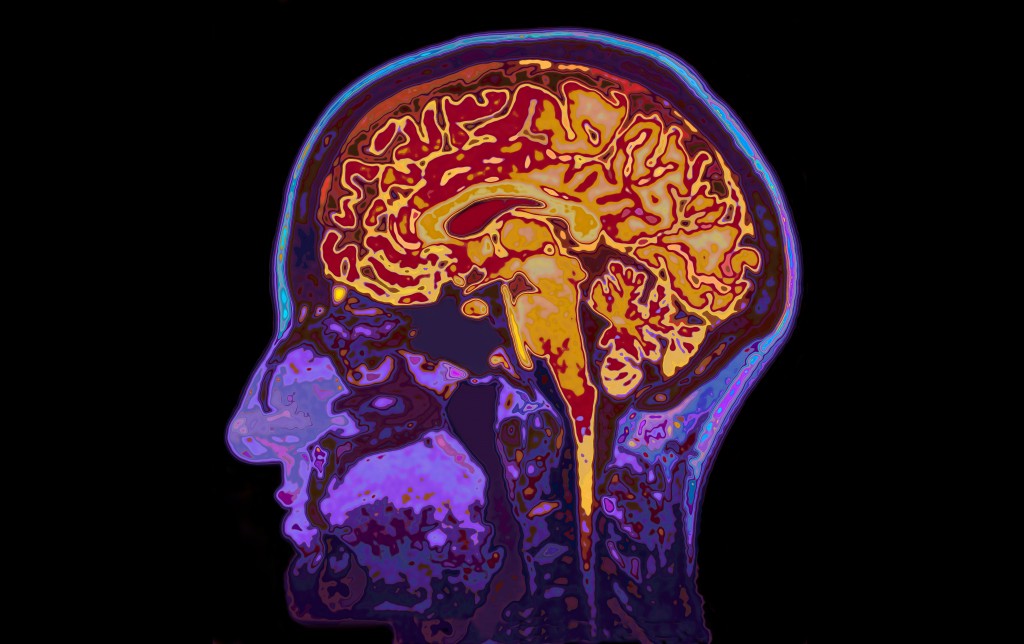Your brain is a powerful machine that governs your every move, whether you are aware of it or not. However, as you grow older, your brain loses some of its capacities.
As you age, you may start to experience a decline in cognitive skills. You may find it difficult to recall certain names or dates, unable to pay attention, and other problems that could affect your daily life.
The brain changes with time. As soon as you hit your mid-20s, your brain begins a slow decline. Certain parts of the brain, including the ones involved in memory and learning, shrink. The communication between neurons is significantly reduced, too. In addition, blood flow in the brain decreases with time.
Having a healthy brain can enable you to live independently for longer and live a happy life well into old age. Here are surprising ways you can improve your brain health starting today.
Have a Hot Shower
Showering, regardless of whether you are using hot or cold water, has therapeutic effects on your body and mind.
However, if you want to boost your brain health, you may want to turn the water heater on. In one study, scientists found that immersing in hot water can increase levels of a protein called brain-derived neuropathic factor or BDNF. The BDNF is responsible for promoting learning and memory; growth and maintenance of nerve cells; and overall survival of nerve cells.
The participants in the study were asked to take a 20-minute warm (95 degrees Fahrenheit/35 degrees Celsius) or hot (107.6 degrees Fahrenheit/42 degrees Celsius) bath. Those who took a hot bath had significantly higher levels of BDNF.
Be an Optimist
The way you think can affect your brain health.
One study found that the brains of those with a rosier outlook in life light up differently in scans. The regions that malfunction in depression becomes very active when a person thinks of a positive future event. One particular part of the brain called the rostral anterior cingulated, which is linked with abnormal activity among patients with inherited depression, is consistently associated with optimism. Researchers suggested that the same region of the brain controls optimism and depression.
Depression is known to lead to physical changes in the brain, including reduced functionality of the hippocampus, prefrontal cortex, and amygdala. Depression may also lead to brain shrinkage and inflammation.
Another study looked at the direct effects of optimism on people’s cognitive abilities. The researchers asked members of an educationally-disadvantaged community to believe that they can become more intelligent. Those who believe they can be more intelligent performed better academically.

Take Notes
The act of writing is good for the brain.
Writing is known to help students retain information in the brain. Studies have proven that writing helps maintain the sharpness of one’s grey matter, which makes up 40% of the brain and is involved in processes that include sending messages throughout the body.
Researchers also found that writing increased neural activity in certain parts of the brain, particularly those that are involved in thinking, language, and working memory. Among children, the neural activity among those who wrote by hand was more enhanced and adult-like.
Writing is also meditative. Its effects on the brain are said to be comparable to practicing meditation. Unlike typing on a keyboard or scrolling down a screen, writing by hand is a slow activity. It, therefore, forces a person to slow down and live in the moment. It relaxes the brain.
Start Using Your Less-Dominant Hand
You use your dominant hand to eat, brush your teeth, open doors, etc. When you do these things, the action feels automatic.
Now, try using your less dominant hand to comb your hair, write in your journal, press the buttons of the remote control, etc. You will notice that the motions become less automatic and often frustrating.
Previous studies found that changing your hands when you do everyday activities create new synapses in order for your brain to figure out how to do a certain task. It makes your brain work harder which keeps it healthy and sharp.
Experts say that this simple act can address brain fog which makes you forgetful and unable to concentrate.
In addition to these tips, to keep the brain healthy and functioning as it should be for longer, people are advised to eat a balanced diet, exercise regularly, and get seven to nine hours of quality sleep every night. Your brain is also negatively affected when you make unhealthy lifestyle choices. If you do not want to suffer from cognitive decline and other changes that happen to your brain when you age, start taking care of your brain today.

